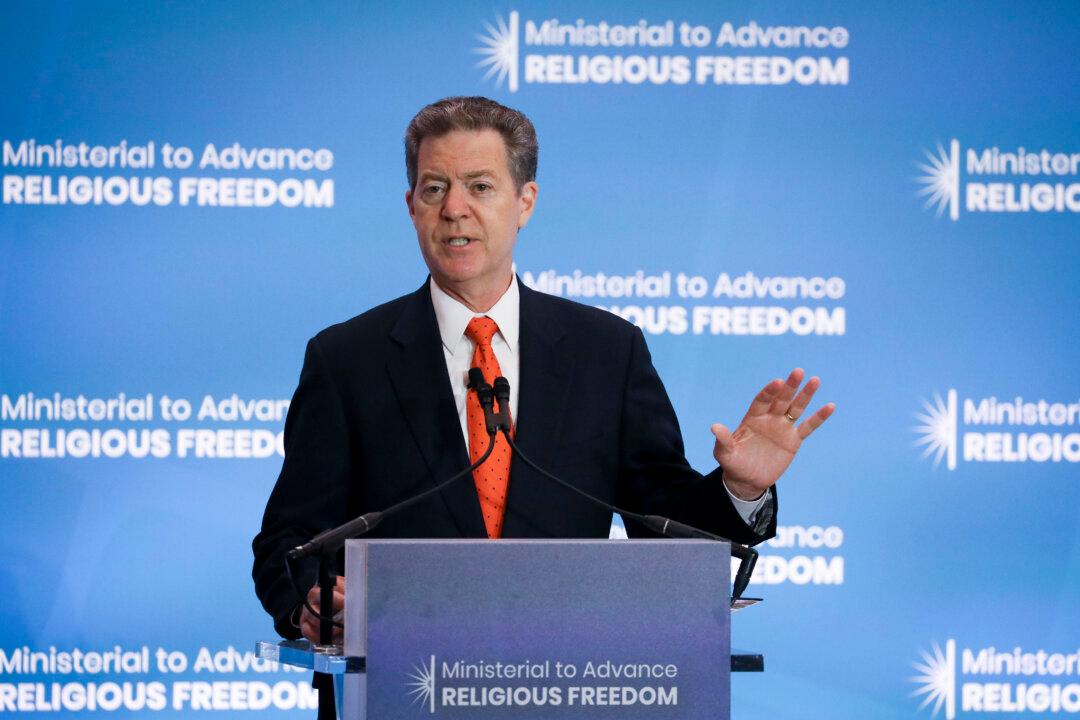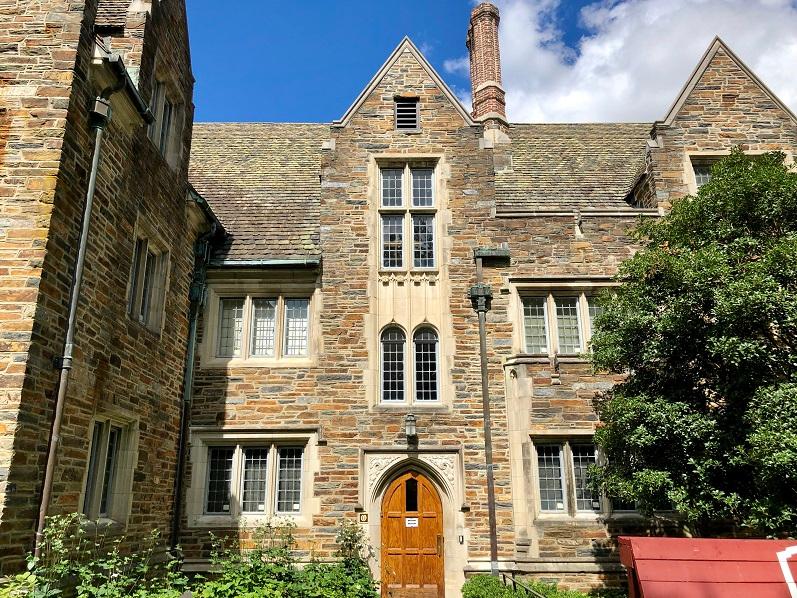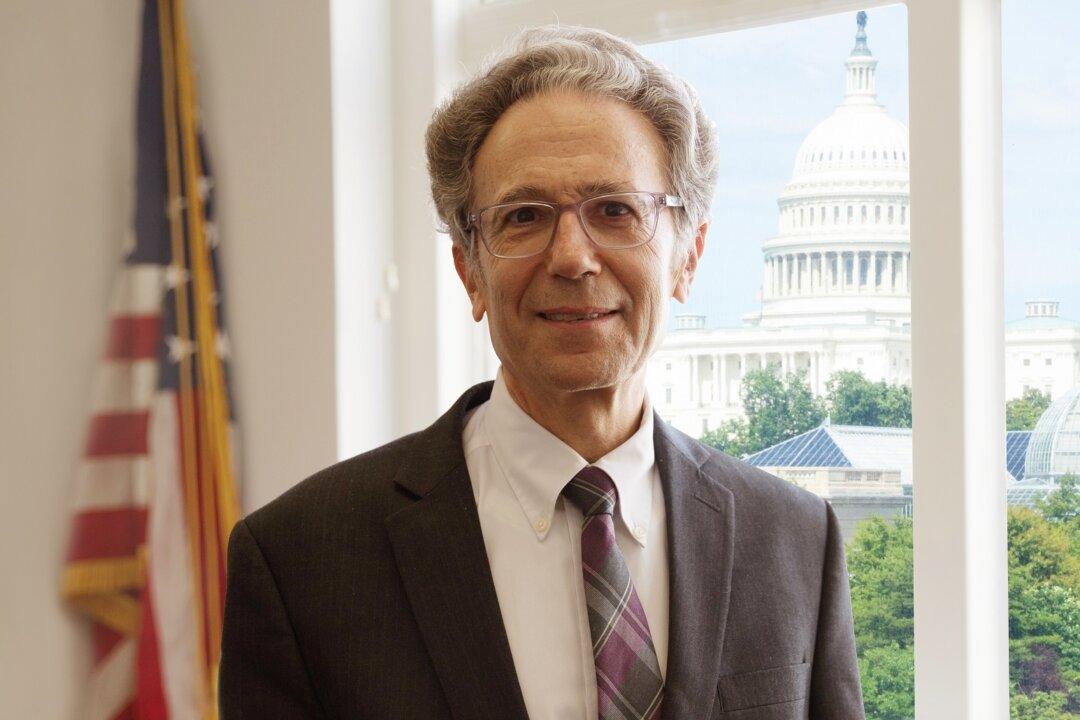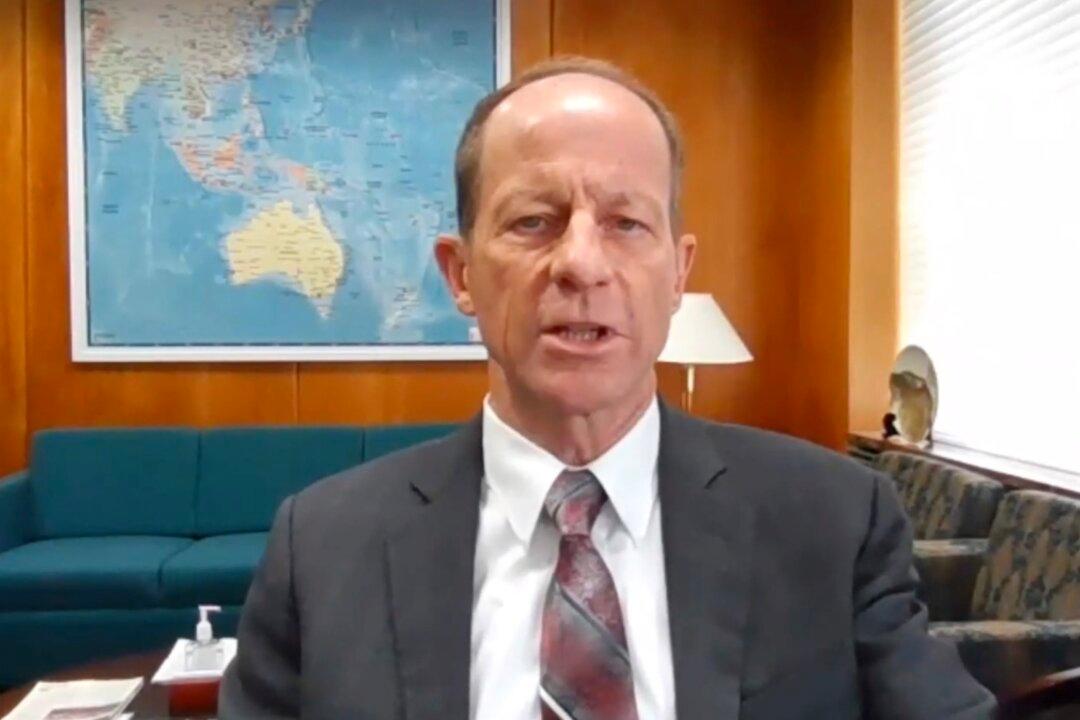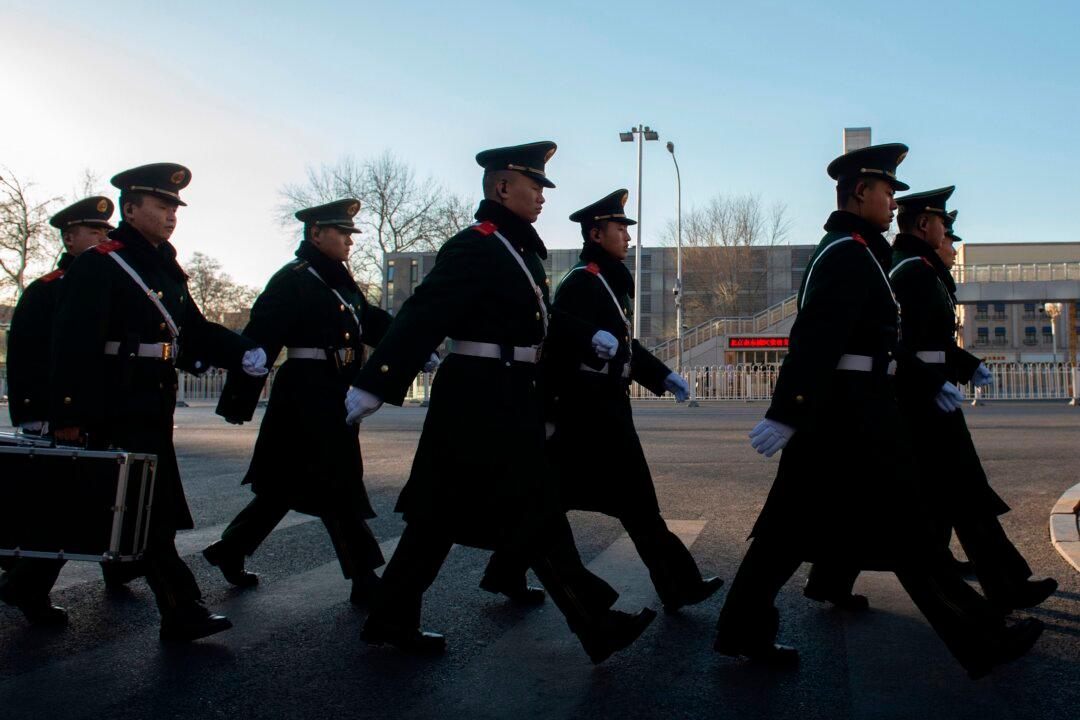Prison and jail populations around the world are among those at the highest risk of infection by the CCP virus, and none are more unjustly at risk than political prisoners and those detained for their religious beliefs.
Living, working, and dining in necessarily close and often cramped quarters, those who are imprisoned have little protection from the virus in the event of exposure.
